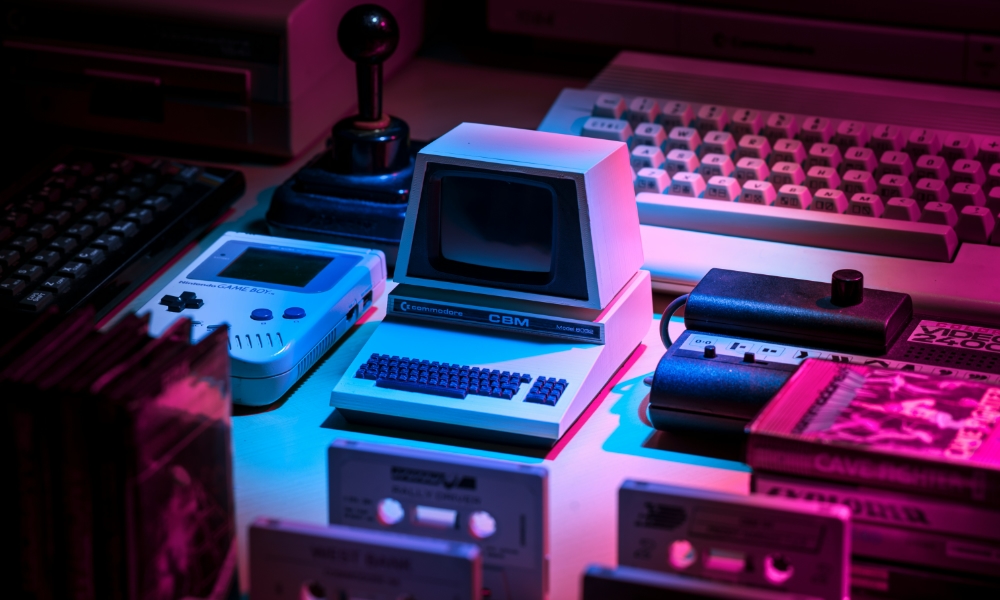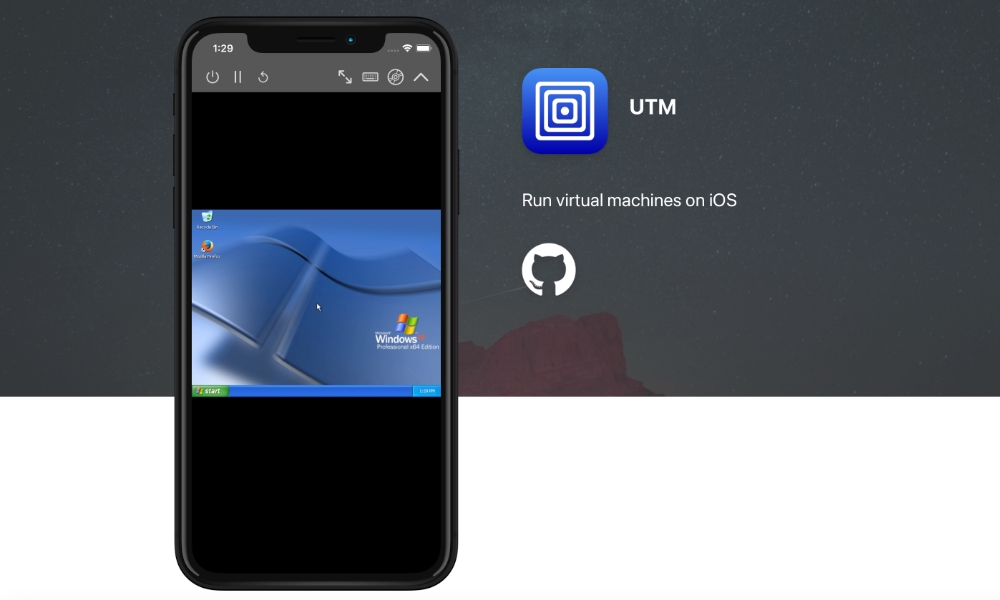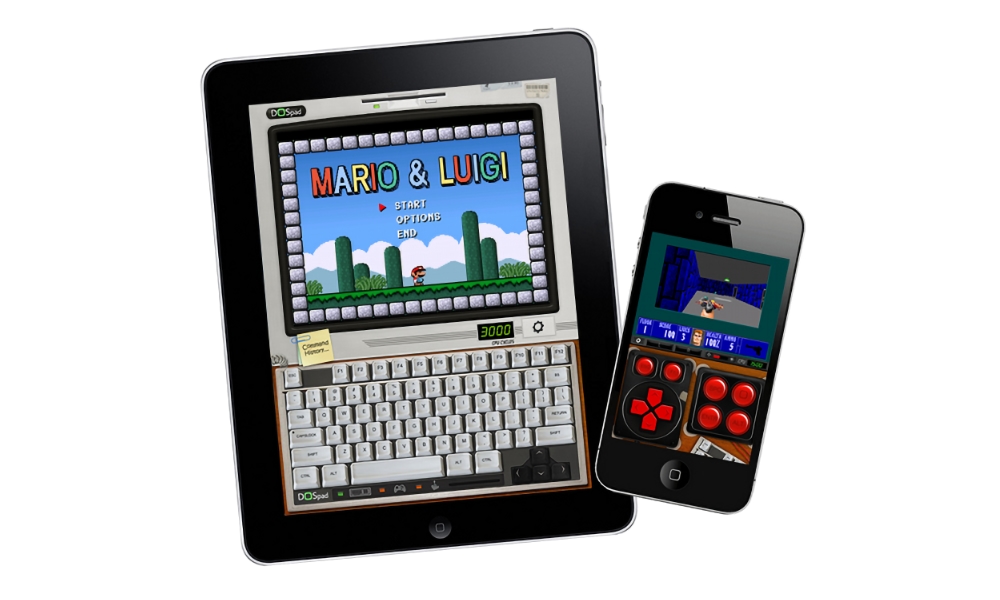Apple’s Relaxed App Rules Still Don’t Allow PC Emulators
 Credit: Lorenzo Herrera
Credit: Lorenzo Herrera
Toggle Dark Mode
When Apple opened the App Store to allow retro game emulators earlier this year, many hoped it would usher in a golden age for emulation apps on the iPhone and iPad. However, it turns out that Apple is applying the exception very narrowly, keeping the door closed to any emulators that aren’t exclusively designed for retro gaming.
So far, Apple’s new policy has opened the door to many emulators that were previously “appa non grata,” including Riley Testut’s well-known Delta NES emulator that gave birth to a grassroots app store in 2019, along with multi-platform emulators like Provenance and RetroArch and even a 3DS emulator.
Despite this wealth of new options, there’s still one category where the door remains firmly closed: PC emulators. Over the years, a few of these have found their way onto the App Store, with iDOS being the most noteworthy of the bunch, but they’ve never survived for long. Like nearly any other iPhone app, folks who grabbed iDOS when it was available on the App Store can still use it, but it doesn’t appear to be coming back anytime soon.
The first hint that this was going to be a problem came earlier this month, when the developer of UTM, a generic PC system emulator app, reported that their app had been rejected by Apple after its two-month review process concluded that a “PC is not a console.”
Adding insult to injury, Apple also ruled that UTM wouldn’t be permitted on any alternative app marketplaces in the European Union, as the exception in Apple’s App Review Guidelines that allows for retro game emulators (4.7) applies only to the App Store, while the broader rule (2.5.2) that prohibits apps that “download, install, or execute code which introduces or changes features or functionality of the app” applies to Apple’s notarization policies for the EU.
The developers behind UTM chose not to pursue the matter further, as they felt there was no point in pushing for the approval of what would ultimately be a subpar version of their app. Apple has always prohibited apps that use Just in Time (JIT) compilation, and the relaxed rules on retro game emulators don’t change this. That’s why new 3DS emulators like Folium require the latest iPhone 15 Pro to run more demanding games.
We will adhere by Apple’s content and policy decision because we believe UTM SE (which does not have JIT) is a subpar experience and isn’t worth fighting for We do not wish to invest any additional time or effort trying to get UTM SE in the App Store or third party stores unless Apple changes their stanceUTM
Unfortunately, it turns out this isn’t a one-off. As The Verge reported earlier this week, Chaoji Li, the developer of iDOS, was similarly rebuffed when he attempted to get his classic DOS emulator back on the App Store. Apple’s reasoning? “The app provides emulator functionality but is not emulating a retro game console specifically. Only emulators of retro game consoles are appropriate per guideline 4.7.”
Li explains the runaround he went through with Apple in a blog post?. It began in April when he found that Apple had blackballed iDOS 2, requiring him to submit it as iDOS 3. That version was then rejected as “design spam” because it was the same as iDOS 2.
However, after over a month in limbo, Li finally got a call from Apple on June 15, telling him they’d decided iDOS didn’t qualify under the new rule, as it’s “not a retro game console.” They suggested he could make changes and resubmit the app, but they couldn’t tell him what he should change as it seems they don’t know themselves.
When I asked what changes I should make to be compliant, they had no idea, nor when I asked what a retro game console is. It’s still the same old unreasonable answer along the line of “we know it when we see it”.Chaoji Li
As Li told The Verge, he’s ultimately at the mercy of the App Store Review team’s capriciousness and inconsistent application of the rules. That’s a longstanding problem, but sadly, as Li notes, Apple is “the sole rule maker and enforcer in [the] iOS ecosystem,” which means “they don’t need to be consistent at all.”
While PC emulators may never find their way into the App Store, Apple is whacking the hornet’s nest with the European Commission. The EC has already taken umbrage at this policy , even from the perspective of trying to protect users from malware and other threats, saying that it’s the government’s job to protect its citizens, not Apple’s. Splitting hairs on what a retro game emulator is and what’s not when both can run the same external code isn’t likely to sit well with European regulators.









